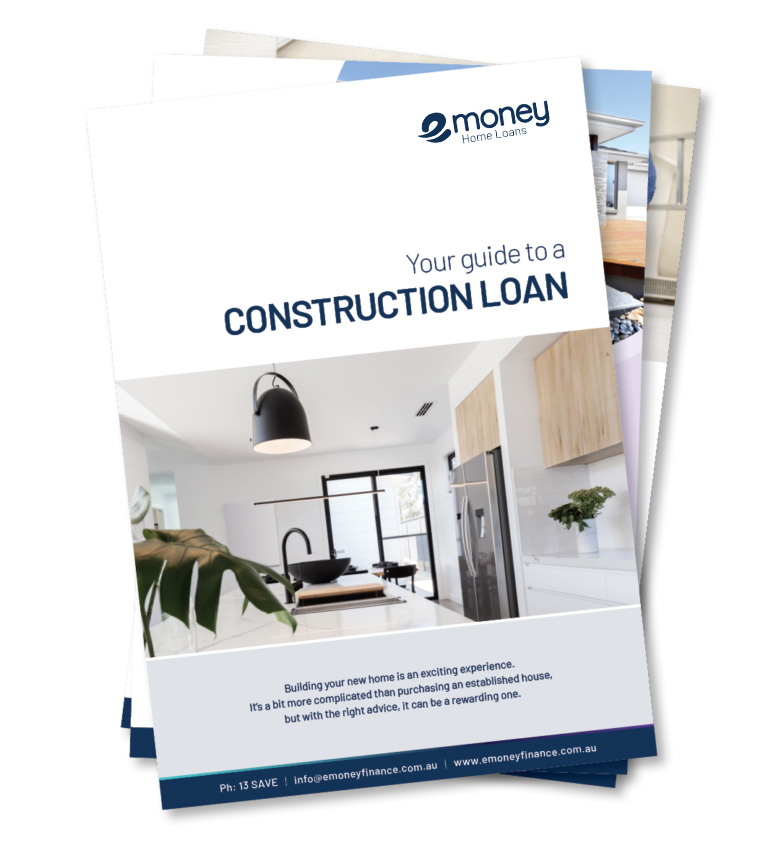
How do lenders set their rates?
One of the questions we regularly get asked is how we set our interest rates. At emoney, we finance our home loans from sources such as major Australian banks and lenders. These institutions have many factors to keep in mind when they set the rates they offer us.
While the Reserve Bank of Australia (RBA) sets the official cash rate, it is just one of several factors that influence mortgage interest rates. This is why fluctuations in the cash rate aren’t exactly mirrored by changes to variable interest rates.
Lenders incur funding costs which have an impact on the interest rates they offer borrowers. There are also credit and liquidity risks which have to be taken into account. These factors, along with the cash rate and market competition are used to set loan interest rates.
Liquidity and funding costs
Liquidity refers to the amount of cash and assets a lender has available to pay bills and meet its short-term financial obligations. There is not enough cash in Australia for every bank and financial institution to have sufficient liquid cash at the same time, so lenders need to borrow funds overnight. This short-term borrowing is facilitated by the RBA and the official cash rate is actually the overnight money market interest rate.
The other rate which has a significant impact on lenders’ funding costs is the Bank Bill Swap Rate (BBSR). This short-term swap rate is the interest rate banks charge each other in the wholesale market. The BBSR is different to the official cash rate, although the two are closely tied and both rates fluctuate.
So, how does this affect your interest rate?
Well, it all depends on how the BBSR and official cash rate move. They can both go up or down together, or one can go up and the other down.
Rate increases
In instances where the BBSR moves up but the official cash rate remains stable, it becomes more expensive for lenders to cover the cost of their funding. Higher funding costs, means banks have to review their profit margins to ensure the interest rates they offer are viable to maintain. This is known as an out-of-cycle interest rate rise.
Similarly, when the official cash rate goes up so do funding costs. Again, lenders compensate for this by passing the costs on to their customers and interest rates are increased. Both variable and fixed interest rates will typically increase, however, existing customers with fixed rate home loans will not be affected until their fixed term expires.
Rate decreases
A decrease in the cash rate or both the BBSR and the cash rate will reduce lenders’ costs. Most lenders will reduce their interest rates to pass these savings on to their customers.
On the face of it, rate decreases are good news for borrowers, but the knock-on effects can have consequences. When interest rates drop, so does the interest accrued on savings. People who previously relied on high interest savings accounts tend to withdraw their savings to invest in other avenues which offer higher returns.
Fewer savings accounts mean less money in the bank in other words, less liquidity. Banks have to turn to the more expensive wholesale market to fill in the gaps. As a non-bank lender, emoney uses funds from a number of banks so when their funding costs increase, so do ours. That said, the BBSR and official cash rate are usually closely tied so when the cash rate drops, the BBSR usually does too. But if the difference between the two rates becomes great, lenders will struggle to pass on the full cash rate decrease and remain profitable. This is why lenders may only decrease their new customer interest rates or only pass on a portion of the cash rate decrease to existing customers.
Lower interest rates for new customers only
Banks and non-bank lenders rely on their existing customers’ loan repayments to cushion the impact of fluctuations in the BBSR and official cash rate. This is necessary to ensure shareholder confidence and financial stability. A vulnerable bank is at risk of failing. The compromise is offering lower interest rates for new customers only.
At emoney, we do our best to pass savings on to our customers wherever we can. If you are an existing emoney customer and have any questions about your interest rate or you would like to discuss refinancing your home loan to emoney and discover the best solution to suit your needs please contact our dedicated team.
We recommend you seek independent financial advice prior to making any decisions that could affect your financial security.

First Home Buyer's Guide
Enter your email address for instant access to our handy First Home Buyer's ebook.

Construction Loan Guide
Building a new home. Find out about the construction loan process.

